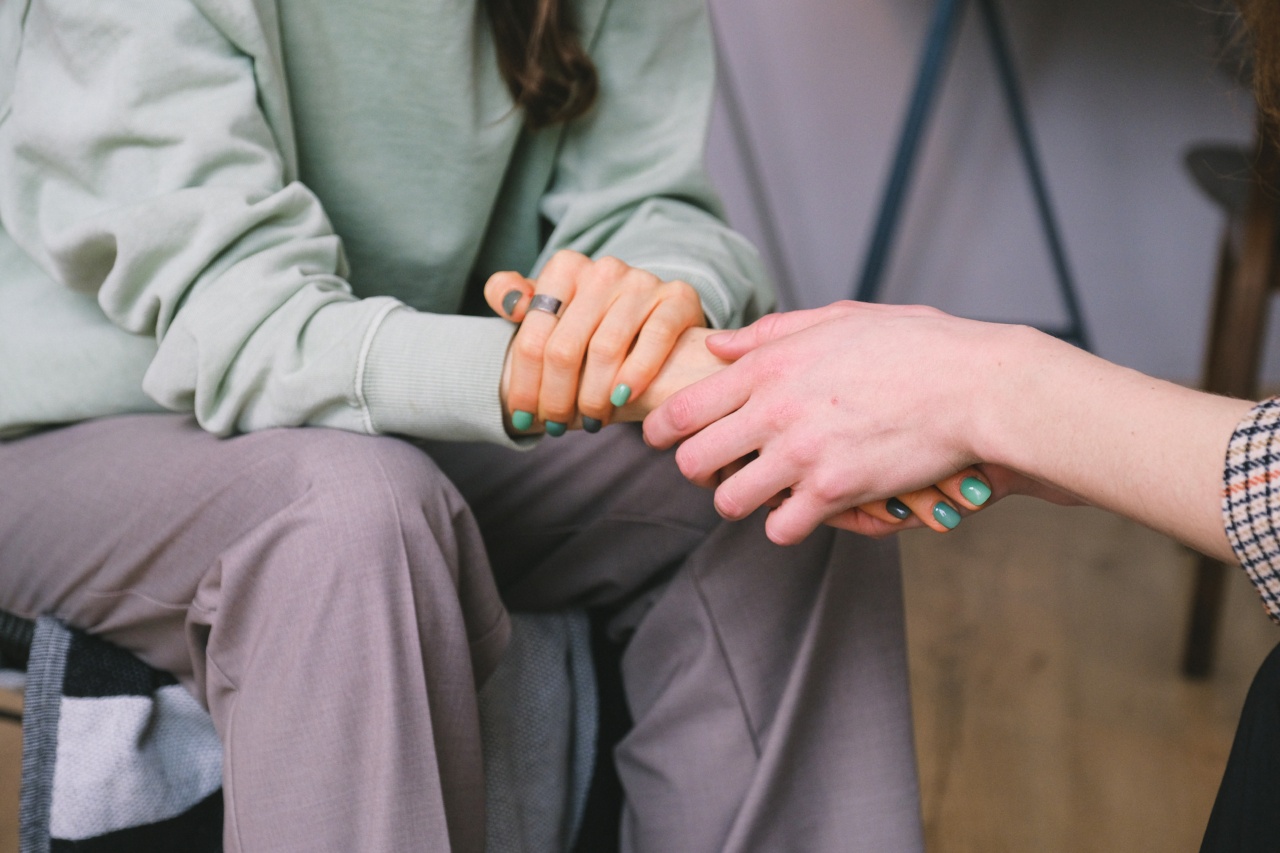Eczema, also known as atopic dermatitis, is a chronic skin condition that affects millions of people worldwide.
One of the most common symptoms of eczema is intense itching, which can be both uncomfortable and frustrating for those living with the condition. While there is no cure for eczema, there are several strategies and remedies that can help soothe the itchiness and provide relief. In this article, we will discuss some effective ways to alleviate the itchiness associated with eczema.
1. Moisturize Regularly
Keeping your skin well-hydrated is essential for managing eczema-related itchiness. Moisturizing your skin regularly helps to maintain its natural protective barrier and prevents dryness, which can exacerbate itchiness.
Opt for a thick, fragrance-free moisturizer or emollient cream and apply it generously to your skin within a few minutes of bathing or showering. This helps lock in moisture and soothe the itchiness throughout the day.
2. Use Mild, Fragrance-Free Products
Many skincare products, including soaps, shampoos, and laundry detergents, contain harsh chemicals and fragrances that can irritate sensitive skin and trigger eczema flare-ups.
To reduce itching and irritation, choose mild, fragrance-free alternatives that are specifically formulated for sensitive skin. Look for products labeled as “eczema-friendly” or “hypoallergenic” to minimize potential triggers.
3. Avoid Exposure to Irritants
Being mindful of potential triggers and irritants can help alleviate itchiness associated with eczema.
Common irritants include certain fabrics (such as wool or synthetic materials), chemical-laden cleaning products, cigarette smoke, and even certain foods. By identifying and avoiding these triggers, you can significantly reduce the frequency and severity of eczema-related itchiness.
4. Take Short, Lukewarm Showers
While hot showers may be tempting, they can actually worsen eczema-related itchiness by stripping away the skin’s natural oils and drying it out.
Opt for short, lukewarm showers instead and use gentle, fragrance-free cleansers to avoid further irritation. After showering, pat your skin dry with a soft towel and immediately apply moisturizer to lock in hydration.
5. Try Wet Wrap Therapy
Wet wrap therapy is a technique that involves applying a layer of moisturizer followed by wet bandages or clothing to the affected areas.
This method helps to increase the absorption of moisturizer into the skin, provides a cooling effect, and reduces itching. It is best to consult with a dermatologist or healthcare professional before trying wet wrap therapy to ensure it is suitable for your specific condition.
6. Keep Your Nails Short
Scratching can further irritate the skin and lead to worsening of eczema symptoms. By regularly trimming and keeping your nails short, you can minimize the damage caused by scratching and reduce the risk of skin infections.
If you find it challenging to resist scratching, wearing cotton gloves or mittens at night can help prevent unconscious scratching during sleep.
7. Apply Cold Compresses
When itchiness becomes particularly intense, applying a cold compress can provide immediate relief. Wrap a few ice cubes in a clean cloth or use a cold pack and gently apply it to the itchy areas for a few minutes.
The cold temperature helps numb the skin and alleviate itching temporarily.
8. Use Over-the-Counter Anti-Itch Creams
Over-the-counter anti-itch creams containing ingredients like hydrocortisone or calamine can help alleviate itchiness associated with eczema. These creams provide temporary relief by reducing inflammation and itchiness.
However, it is essential to follow the instructions and consult a healthcare professional if the itchiness persists or worsens.
9. Manage Stress
Stress has been linked to the worsening of eczema symptoms, including itchiness.
Practicing stress management techniques, such as deep breathing exercises, meditation, yoga, or engaging in hobbies, can help reduce stress levels and minimize eczema-related itchiness. Additionally, getting enough sleep and maintaining a healthy lifestyle can also contribute to stress reduction.
10. Consult a Dermatologist
If your eczema-related itchiness is severe, persistent, or significantly affecting your quality of life, it is recommended to seek medical advice from a dermatologist.
A dermatologist can assess your condition, prescribe appropriate medications or treatments, and provide personalized recommendations to manage and soothe the itchiness effectively.






























